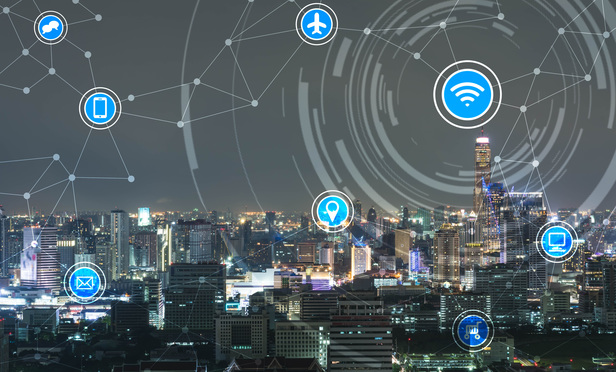The Internet of Things (IoT) is changing the way consumers interact with their products—and vice versa. With smart refrigerators tracking expiration dates and food amounts, or smartphone applications that can remotely regulate the temperature and energy use of a home, consumers are more equipped than ever before to seamlessly manage everyday responsibilities.
But while such integration has its benefits, IoT devices pose a multitude of legal, e-discovery and security issues for counsel at companies that create such devices and companies that use them in their offices. While corporate counsel at IoT manufacturers contend with the complex emergence of IoT regulations, counsel across all companies and industries may have to grapple with how to manage secure IoT devices employed in their office.
This content has been archived. It is available through our partners, LexisNexis® and Bloomberg Law.
To view this content, please continue to their sites.
Not a Lexis Subscriber?
Subscribe Now
Not a Bloomberg Law Subscriber?
Subscribe Now
LexisNexis® and Bloomberg Law are third party online distributors of the broad collection of current and archived versions of ALM's legal news publications. LexisNexis® and Bloomberg Law customers are able to access and use ALM's content, including content from the National Law Journal, The American Lawyer, Legaltech News, The New York Law Journal, and Corporate Counsel, as well as other sources of legal information.
For questions call 1-877-256-2472 or contact us at [email protected]



